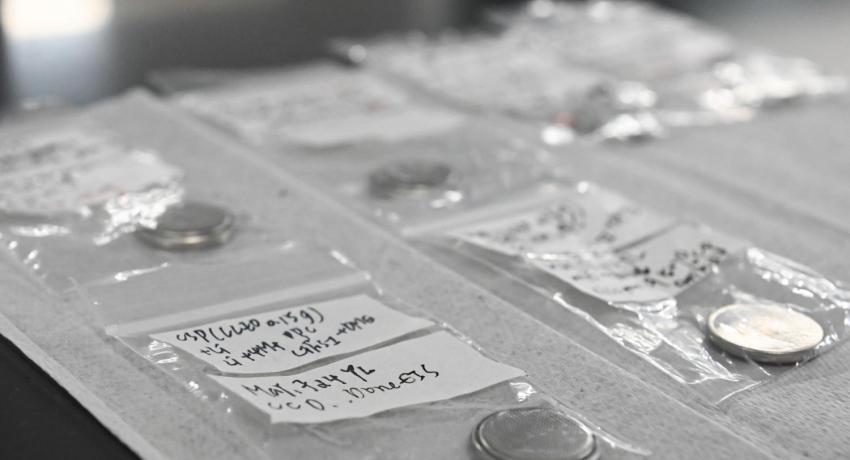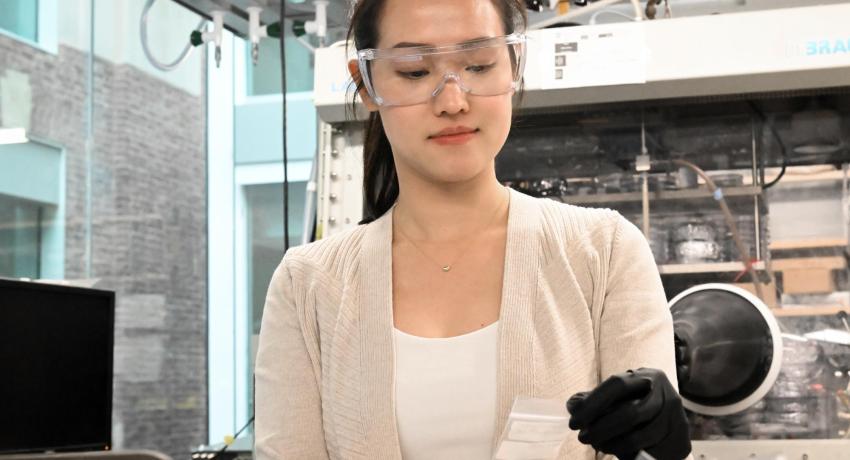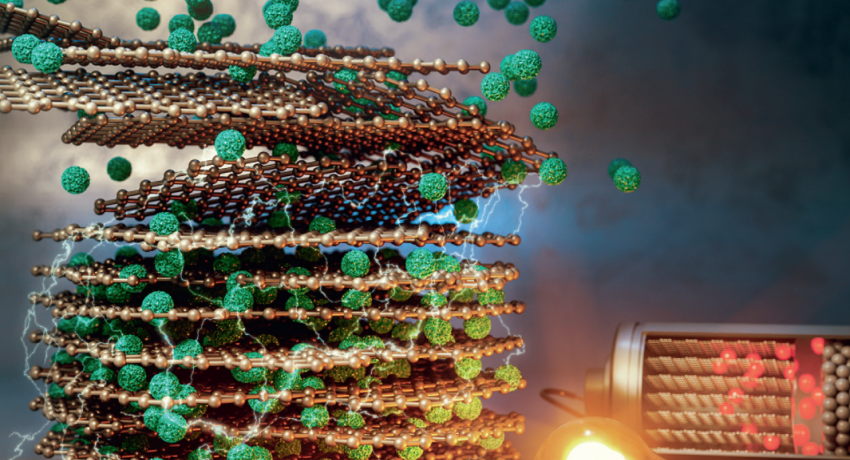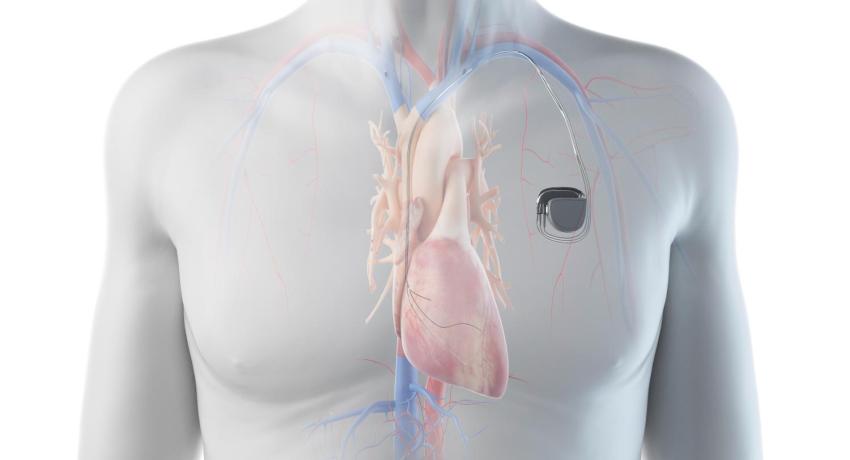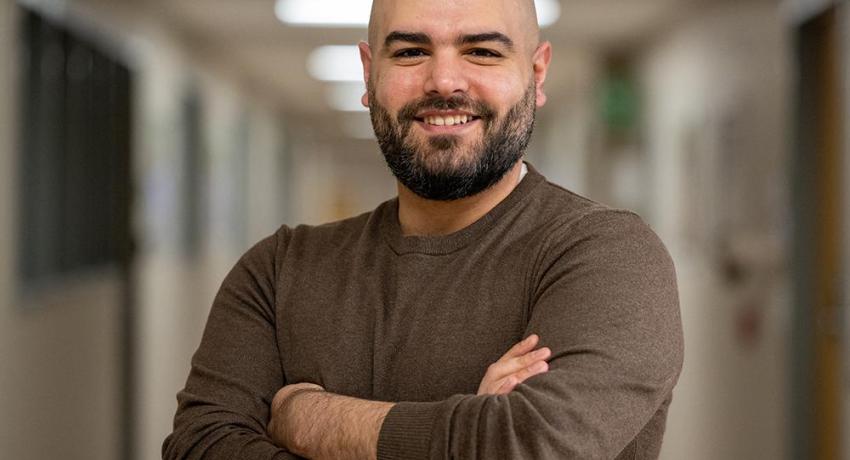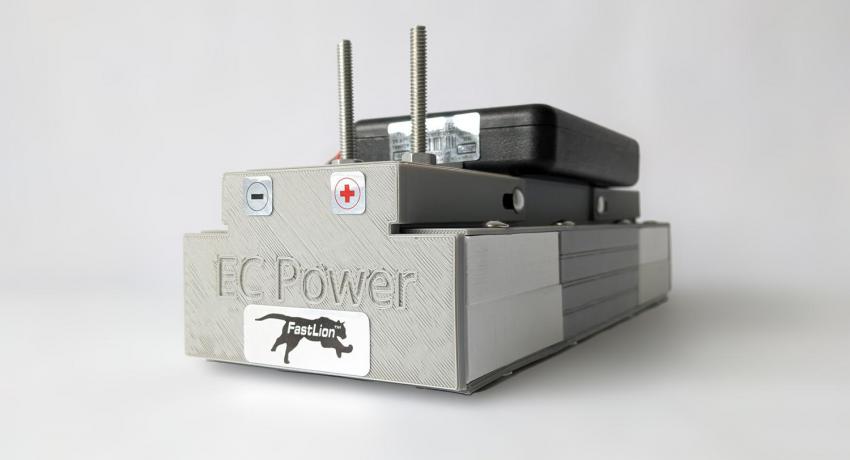Proposed all-climate battery design could unlock stability in extreme temps
A team of researchers at Penn State introduce a novel design approach that optimizes battery performance for extreme climates
By Ty Tkacik
Despite lithium-ion (Li) batteries’ role as one of the most widely used forms of energy storage, they struggle to operate at full power in low temperatures and sometimes even explode at high temperatures. Researchers at Penn State, however, have proposed a design that could hold the key to effective and stable power storage in a variety of climates.



